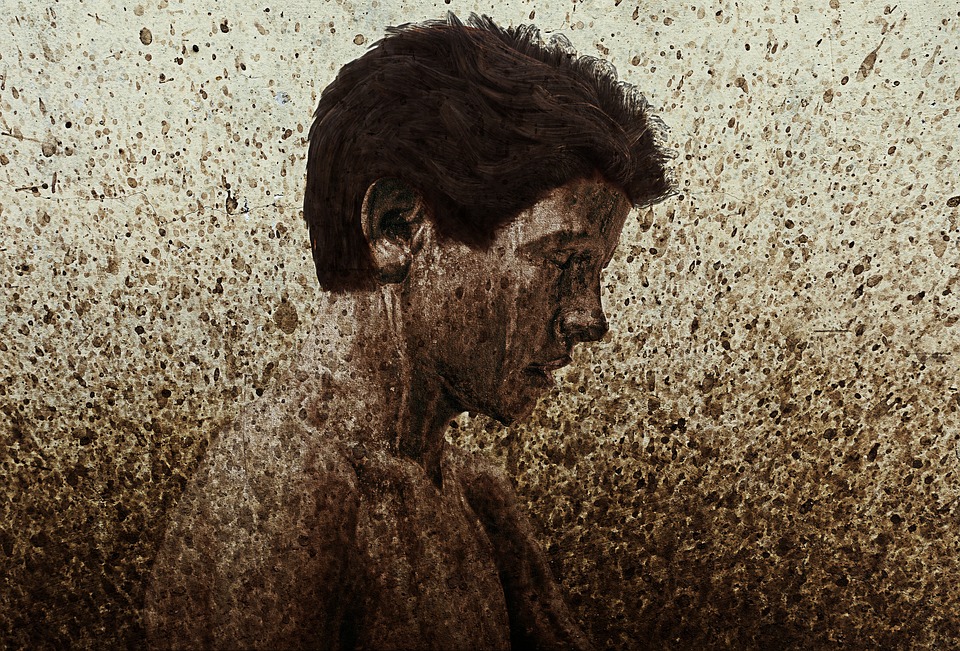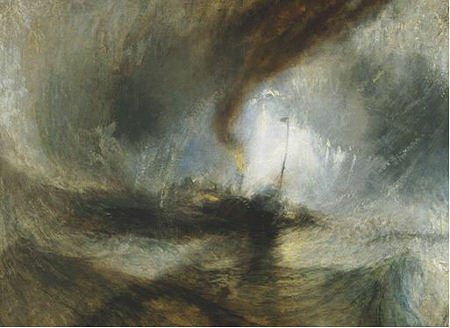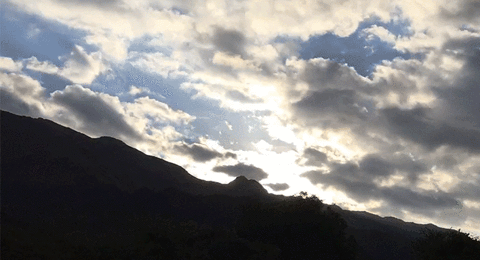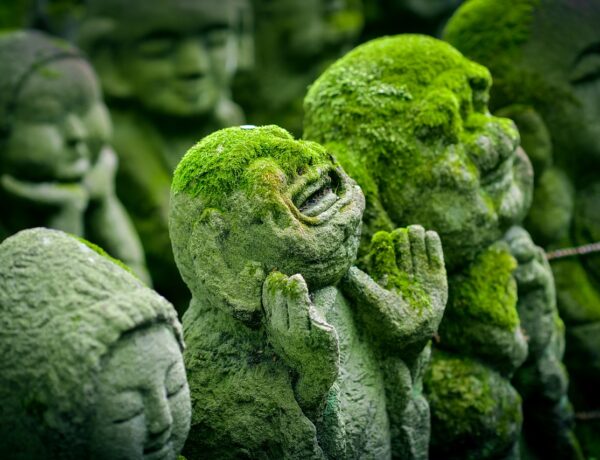Relaxation is a hot product in the dimension of 3rd millennium human. We watch violence and stress in movies to let the body relax. We create casts of twisted news stories of disaster, tragedy and perpetual condemnation and dictate them as the real world, to keep ourselves relaxed. We build icons and idols towering above the domains of mere mortality to ease the system. We design a myriad of legalized drugs and prescribe relaxation over the counter. We build and maintain arsenals of weapons of mass destruction, fight wars and terrorize the terrorists in the name of this elixir – relaxation. We plummet the earth of her finite resources and at the same time poison her atmosphere for the sake of a little bit of short-term ease. We burn with ambition, seek to become someone other than who we are, strive to possess, control, convert or educate one another and work endlessly to keep our imagined enemies at bay – so that we can relax – later.
What is this prize – this relaxation – which never really comes but that’s found at the core of so much of our striving? What happens when we actually begin to relax?
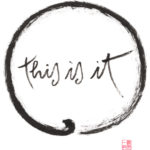 Every experiential journey into the depths of who we are are begins, continues and ends with relaxation. What we commonly mean by “relax” is to move to a relatively lower level of stress. Often this involves distraction from the tensed-up energetic boundaries of the separate self through external entertainment. Yet distraction is not the same as relaxation, it simply delays the stress for later – projecting consciousness outside of the inner world for relief.
Every experiential journey into the depths of who we are are begins, continues and ends with relaxation. What we commonly mean by “relax” is to move to a relatively lower level of stress. Often this involves distraction from the tensed-up energetic boundaries of the separate self through external entertainment. Yet distraction is not the same as relaxation, it simply delays the stress for later – projecting consciousness outside of the inner world for relief.
There is a sound spiritual psychology behind this. As we are not in any definable form separate from our external environment, what we perceive as outside can have a calming effect on the condensed inner energy system. When we walk through nature for example, the resonance of harmony outside of ourself, and the gentle left-right rhythm of our walking can release the pressure that has built up through our inner world. When we watch a suspense movie, the end of the fictional suspense and the resolution of the plot can signal the chemicals of resolution and successful problem solving to our psyche. Even if the plot ends bad, at least the horror is kept behind the glass of the TV screen – it’s not real – so we can safely process a whole load of horror through the movie.
What happens when we relax? Relaxation is about surrender, about softening and opening. It’s about an agreement to be here, in physical form. Yet the first symptom of increasing relaxation is often pain. As we relax and put our feet up at the end of a hard day, for example, the first thing we notice could be how much our feet are aching, or how the muscles in our neck are clenched. Awareness of this stress is relaxation happening. As relax more deeply into and around the pain, the process of relaxation can be experienced as almost pleasurable. The wonder of tired feet, the heaviness of the body as it surrenders to gravity, the soft nothingness of a mind that has been sparking thoughts all day, and now can just open to the impressions of the sunset.
Yet we are more than just bodies. We are also composed of energetic contractions of feelings and emotions. The shame on being proved wrong at the work place – echoing an old shame from childhood; the stranger on the bus that looked like a dead parent so for a fleeting moment we thought they were back; the perennial sense of isolation that accompanies the quest to survive “out there” in the world of people.
Also these energetic contractions – often closely embedded with physical stress – begin to relax and open that moment we decide to come home to ourselves and rest. In this, relaxation is a spiritual practise and a healing art. It is only through relaxing equally into the areas of comfort and discomfort that the unfolding of the psyche can take place – telling its woes, signalling its pain, and moving still deeper to rest. This multilayered transformation of stress and depression into peace is utterly vital to our sustainability in form. And the degree to which we are able to relax through the body is an unbounded, direct route to universal peace.
Here are four pointers to deepening the psychospiritual art of relaxation:
1.Don’t Delay Relaxation.
 Now is the time to relax, because there is simply no other time. If we wait until we’ve come safely home, found our beloved and locked and bolted the door before we agree to relax, then what we’re relaxing into is likely to be a bed of nails, delayed gratification, anger, suspense and depression. Relaxation has nothing to do with past and future, it’s a deepening and sinking into the layers of perception that can only happen in real time.
Now is the time to relax, because there is simply no other time. If we wait until we’ve come safely home, found our beloved and locked and bolted the door before we agree to relax, then what we’re relaxing into is likely to be a bed of nails, delayed gratification, anger, suspense and depression. Relaxation has nothing to do with past and future, it’s a deepening and sinking into the layers of perception that can only happen in real time.
We’re programmed to believe in crude either-or fixtures. When there is anger, we can’t relax; while we’re in debt, we can’t relax; while their is suffering in Africa, we can’t relax; as long as that hideous person works in your office, relaxation will have to wait. This dualistic notion of relaxation is building an inner bomb of stress, that if it can’t explode will start to solidify in layers of deep depression.
Relaxation is a practise that can happen each and every time you experience anything. Warm wind on the face, relax the body, relax into the experience. Looking at the view across a crowded bus, relax the eyes, relax the senses. Someone is screaming at you? Relax within the screaming. Taking a pee in a crowded shopping center? Take an extra few moments to relax into the home of the body. Relaxation is possible together with every single moment of experience. We only lose it because of the way we’re programmed. Home comes with us everywhere. We never need throw ourselves out.
2.You’re breathing anyway, so relax in it.
 The breath is a wonderful barometer of our state of stress and distress. When we’re troubled, breath becomes more shallow, uneven, and often even stops for some moments. By bringing our attention to the flow of our breathing – together with whatever else is happening in any moment – we are signalling to our breathing that it is possible to relax (because someone is home).
The breath is a wonderful barometer of our state of stress and distress. When we’re troubled, breath becomes more shallow, uneven, and often even stops for some moments. By bringing our attention to the flow of our breathing – together with whatever else is happening in any moment – we are signalling to our breathing that it is possible to relax (because someone is home).
The art is not necessarily to interfere with our breathing (however disturbed it is), but to notice it. Then, to push just a little bit more on the outbreath. The out-breath clears the lungs of dead air, that piles up according to the amount of stress we’re enduring. When we blow out the exhale, allowing the inhale to take care of itself, the breath will gradually regulate to increasing naturalness.
What’s genius about this practise of perpetual mindfulness throughout our day-to-day life is that the more we practise it, the more it gets built in to our system. Whether or not we consciously intend it, we can find ourselves blowing out stress and being reborn with the in-breath. It even continues during the periods of our sleep – which is the period of deepest relaxation when all our systems get refreshed, healed and rejuvenated.
3.Don’t get distracted by pain.
 When we have been for a while in stress of depression, we have built a habit of avoiding any kind of suffering out of deep aversion to the greater suffering of trauma. When someone is depressed starts to walk, for example, the somatic agony just from the sense perceptions generated by movement can send them in despair to the bleakest thoughts of the mind.
When we have been for a while in stress of depression, we have built a habit of avoiding any kind of suffering out of deep aversion to the greater suffering of trauma. When someone is depressed starts to walk, for example, the somatic agony just from the sense perceptions generated by movement can send them in despair to the bleakest thoughts of the mind.
The key to relaxation is that it is primarily a relaxation out of the programs of mind. By moving out of the roads most travelled in the head, into direct sense perception that is opened through the relaxed deepening into the body, real relief is possible. But in this it’s necessary to be diligent in the art of relaxation. When we are walking through a depression for example, and meet that sense of depression even in the space where our feet touch the earth, the challenge is to relax with softness and curiosity into the pain and discomfort of that. When our body is swept with tiredness, relax into the sensation of tiredness.
This relaxation into the suffering of what is, means we open more deeply, into the perception of what else is here: a humming bird; the life in the grass, the clouds patterning the sky.
4.Agree to relax beyond the separate self.
 The belief is a separate self in which inner and outer worlds are divided is at source of most of our stress, depression, anxiety and rage. Just maintaining this belief in the “I” verses the outer world demands a tremendous amount of vigilance and vitality. As long as we believe ourselves as separate from the whole, we must constantly monitor the external threat, which means we are perpetually in fear. Our psyche begins to look like an alert system for incoming attack: a 24/7 sensor for alien invasion. We even begin to depend on that sense of threat to increase our vitality through quick fixes of adrenaline. Yet none of this is genuinely relaxed, although it could pretend to be, as a winning strategy to survive.
The belief is a separate self in which inner and outer worlds are divided is at source of most of our stress, depression, anxiety and rage. Just maintaining this belief in the “I” verses the outer world demands a tremendous amount of vigilance and vitality. As long as we believe ourselves as separate from the whole, we must constantly monitor the external threat, which means we are perpetually in fear. Our psyche begins to look like an alert system for incoming attack: a 24/7 sensor for alien invasion. We even begin to depend on that sense of threat to increase our vitality through quick fixes of adrenaline. Yet none of this is genuinely relaxed, although it could pretend to be, as a winning strategy to survive.
Relaxation always involves a release or expansion of the energetic boundaries of the separate self. The very meaning of ‘home’ (which is where some of us relax) is all about being able to release that sense of separation – to belong together with the whole – even if that whole ends on the front door step.
As we relax during our day-to-day life, the irrational frontiers of the separate self will come forward, as if to remind us of the great threat and the deadly things that could happen. We belief that listening to these warning will make us safer. What actually happens is that when we are in fear, our perception narrows and we lose our connection to our environment which is the greatest safety we could strive for. Yet at the same time, we need to be aware of our psychological borders that protect our inner areas of sensitivity (where we have been wounded).
The art is to not stop relaxing when we meet such a border. Respect our own borders (and those of o thers), but allow a relaxation beyond them. The border remains, but the relaxation continues, from the ground up.
thers), but allow a relaxation beyond them. The border remains, but the relaxation continues, from the ground up.
It is a terrible fallacy about the nature of boundaries that we believe that they should bind the limits of our perception and in this, justify a constant renewal of stress. The strongest boundary we can put between ourselves and others is one founded in the core of our own physical relaxation. As long as this relaxation is allowed as a continuum, we even get the freedom to adjust our boundaries according to need, if and when we choose.
Relaxation is the greatest gift we can give ourselves, and the greatest gift we can offer the world. It’s not a dull thing, but is charged with the energy of renewal, peace, love and compassion. Try it. We’d love to hear how it goes.

